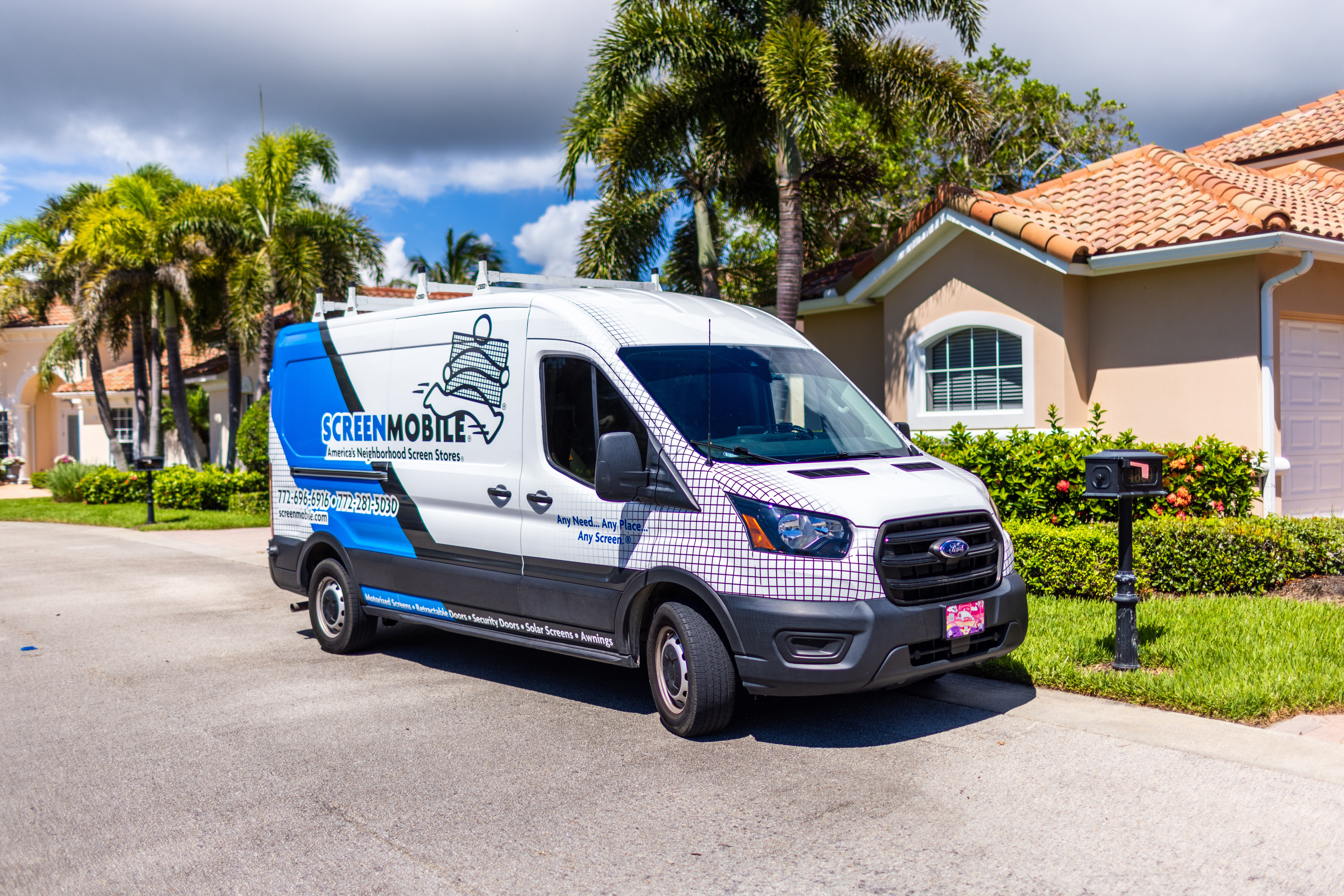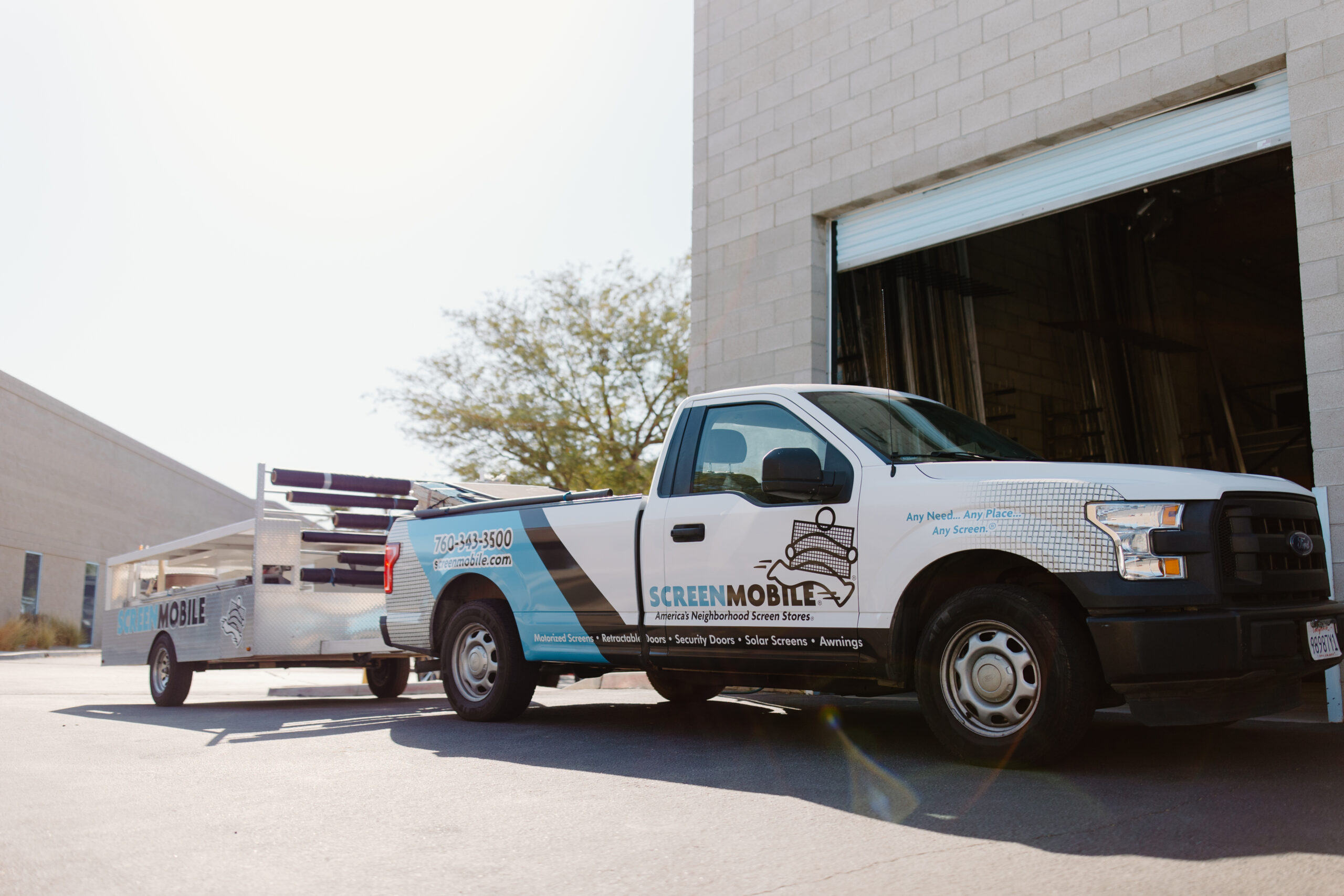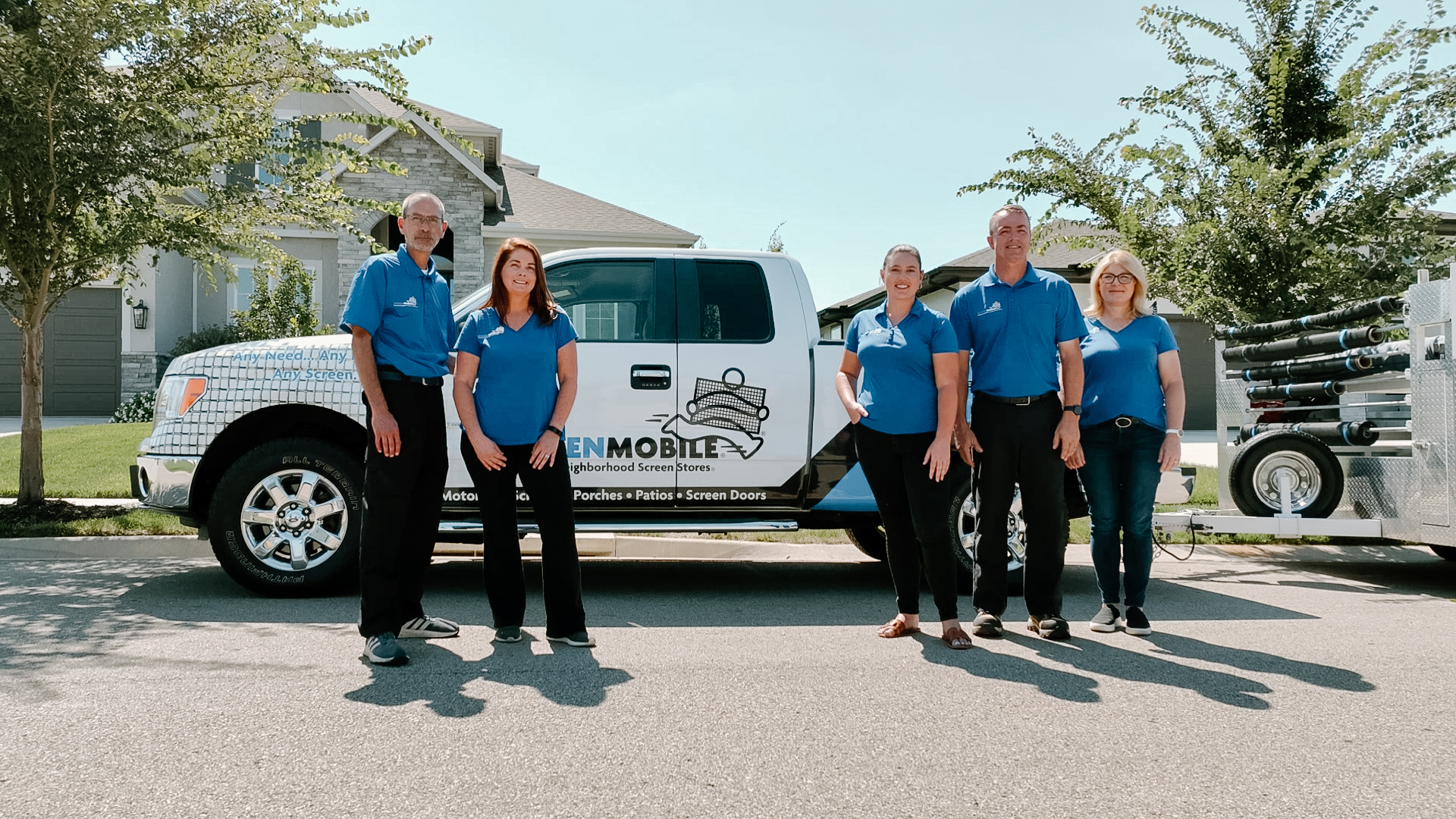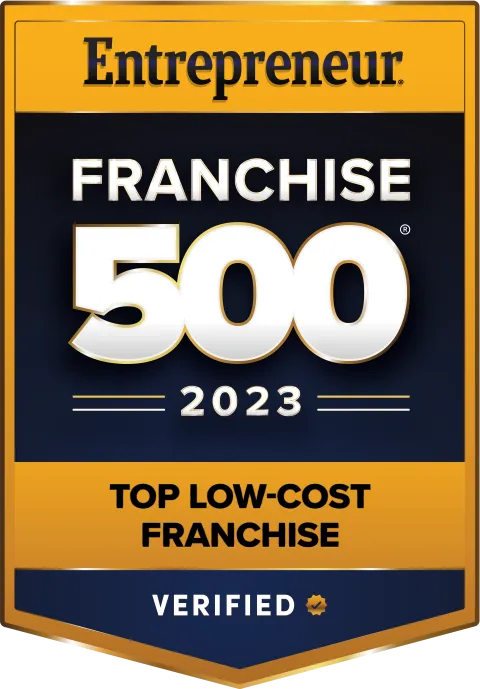
July 29, 2022

The Franchise System: An Introduction
Franchising is an interesting alternative to the standard small business model where you set up and run a business entirely independently. Franchising is particularly popular in the US, where successful business ideas are replicable under relatively similar conditions across a huge continent and population. The franchise system allows a business to rent out a concept and business system and get returns on their knowledge and expertise without having to physically open a location themselves somewhere else in the country.
This franchise relationship is unique in the business world as you, as a franchisee, are running your own business, yet there are many supports and restrictions involved in how that business is run. Essentially, how a franchise business operates is that the franchisee pays an upfront fee and ongoing royalties to the franchisor. In return, they get to use a successful brand name and an established business model. Here we’ll take a closer look at the unique elements of how a franchise business operates compared to a standard small business model.
How a Franchise Business Operates: Key Features
Understanding how a franchise business operates will also help with how to operate a franchise business as the nuanced differences between franchising and a standard business outline the rulebook within which you will be working. The key features of franchise ownership include:
Franchise Fees: These are the direct payments the franchisee makes to the franchisor for their support and use of their brand. The most common types of franchise fees are the initial upfront payment, ongoing royalty fees, which may be on a percentage or flat yearly rate, and marketing or exclusivity fees. On the one hand, the fee is the franchisor’s main source of revenue for their asset, but the initial franchise fee is also important as a minimum of $500 is needed for a franchise agreement to be valid under Federal Trade Commission (FTC) rules.
This differs from standard businesses in that, unless you are licensing particular products or services to supply, you don’t have to pay anything to set up and go apart from your own stock and overheads.
The Franchise Rule: Speaking of the FTC’s regulations on franchising, the most important is The Franchise Rule, which specifies that a potential franchisee must be supplied with all reasonable financial and liability information by the franchisor so they can make a clear decision about their possible investment. This information is contained in a Franchise Disclosure Document (FDD), which has 23 sections where the franchisor provides details of initial and ongoing fees, current and past litigation and the terms of the franchise agreement.
This Franchise Rule provides protection for franchisees in their relationship with a larger corporation, which isn’t a part of the experience for most other standard small businesses.
Initial Training and Ongoing Support: Another key area that makes how a franchise business operates differs from the standard model is that they have a wealth of experience and expertise to initiate and guide them in their field of operation. This support makes it easier for new business owners to transition to a field they might not have had experience in and removes a lot of the learning curve that other new business owners have to face.
The level of support and training will vary depending on the franchisor, but it will have to be outlined beforehand in the FDD so at least any franchisee will know what they can expect. Before entering an agreement with a specific franchise, it’s important to establish what you need in terms of how a franchise business operates and what will be provided, from some it can involve weeks of on-site training. For others, it may just be an operating manual.
Learn more about franchise training and support offerings.
Instant Recognition: A significant part of how a franchise business operates is the marketing and recognition a franchisee gets by using an established brand. Building that kind of recognition could take many years and a huge marketing budget, but the franchise will get to fly the flag of a recognized brand immediately. This automatically gives a new business a head-start in establishing themselves and making their pitch to customers compared to opening a place under an independent name. There can be advantages to building your own reputation but starting with a known name over your door is a less risky approach and requires less input from the business owner.
Restrictions: Though there are advantages in terms of support, the use of established systems and branding, starting a business in the franchise system also means having to deal with quite a few more restrictions than standard businesses. These agreements will form part of the franchise agreement that’s signed between the two parties, and the most important issues are products and services and location. A franchise is generally very restricted in the products or services it can offer, as all franchises will generally offer the same, like a McDonald’s being the same in San Diego and Buffalo. The franchise location is also critical as often you will be paying a fee for exclusivity in an area, maybe even a whole state, which means another of the same franchise can’t open up within that area in competition with you.
Suppliers: For new businesses, starting out suppliers and securing the stock they need to run their business can be a major headache, and that was before the current high inflation that has caused significant price rises across virtually all sectors. A big difference in how a franchise operates is that all the business materials are usually supplied through the franchisor, who uses their buying power to get bigger discounts on products. Though it means having less freedom in making product choices, it does secure your supply chain at better rates, making it easier to build your business plan around.
Ready to Start your Local Business?
Franchise Business Operations in Conclusion
There are a number of differences between how a franchise business operates compared to a standard business model. Primary among these is the relationship the franchisee has with their franchisor, where the former pays the latter fees to benefit from their knowledge, brand recognition and business systems. The franchisee also has a trade-off between the surety of their supply chains and the range of products or services they can sell.
If you feel that franchising is the right route for you, why not join a franchise with an excellent track record in a booming industry? To find out more, you can read more about becoming a Screenmobile franchisee here or talk to our team.
Recent News

Meet Nate & Lori Van Tholen: How a Husband & Wife Team Jumped into Entrepreneurship
October 21, 2024

Why Owning a Screenmobile Franchise is a Smart Investment in Home Services
August 26, 2024

Why Screenmobile is a Top Franchise Opportunity
August 12, 2024

Why Screenmobile Makes Sense as an Investment for Veterans
July 22, 2024

Top Questions to Ask a Franchisor When Considering a Franchise Opportunity
July 9, 2024

How Can a Franchise Business Consultant Help Your Business Grow with Screenmobile?
June 25, 2024
















